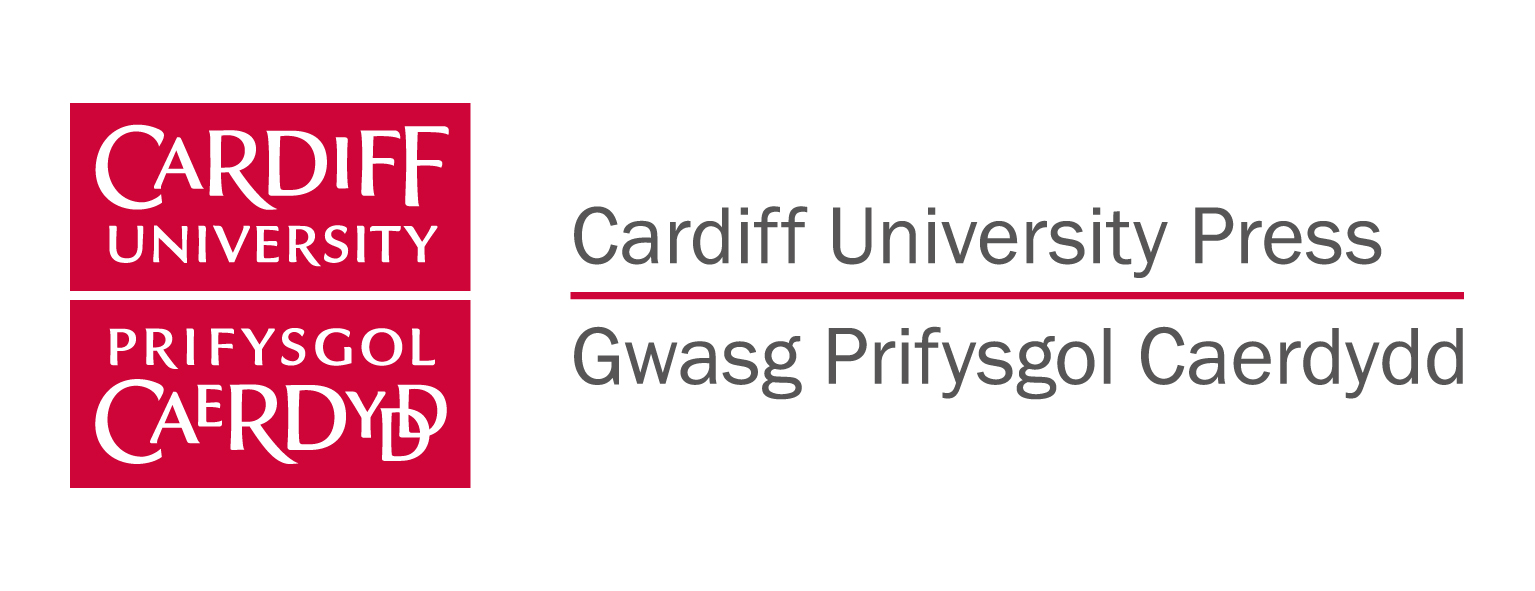Article: ‘Start not, gentle reader!’
This article is the first to focus upon Helen Monteagle (1818), a novel written by Alicia LeFanu and the second of six works of fiction she is known to have published between 1816 and 1826. In part an act of recovery, the article explores Helen Monteagle’s significance to understandings of the development of prose fiction in the romantic period, and situates the novel in relation to the traditions and innovations of satirical writing in particular. Tracing the various acts of conformity and resistance displayed by its female protagonists, the article identifies in the novel a corresponding interest in the terms of women’s professional practice as performers and authors in a year which also saw publication of Shelley’s Frankenstein and Austen’s Northanger Abbey. LeFanu’s novel, the article argues, reflects upon the author/creator and her audience, and articulates a commentary upon the adequacy of conventional narrative frameworks in the context of market competition and anxieties about the integrity of contemporary literary culture. The novel’s innovative and allusive approach to plot and character are examined in relation to LeFanu’s third novel of 1819, entitled Leolin Abbey. In its discussion of the various personal, professional and commercial imperatives which informed LeFanu’s career as a writer, the article reflects upon the broader context of women’s writing in this period and aims to enhance an appreciation of its diversity. Continue reading
